As a marketing manager in a bustling tech company, your days are packed with deadlines, strategy sessions, and that constant push to stay ahead. If you're a busy professional with savings of around €15,000, you value independence and stability above all. Yet, the thought of diving into investing might feel overwhelming, especially with the jargon and fear of making a mistake. But here's a gentle reminder: with artificial intelligence reshaping the workplace at an unprecedented pace, building financial resilience through investing isn't just smart—it's essential for maintaining that sense of control you value.
In this article, we'll explore how AI is poised to disrupt office jobs, particularly those in domains where women excel, and why starting to invest now can help you create a cushion, plan for the future, and embrace change with confidence. We'll draw on reliable insights to ground our discussion, focusing on practical steps tailored to your time-scarce life. Remember, this is about empowerment through knowledge, not quick wins.
The Approaching Threat of AI on Job Security
Artificial intelligence is no longer a distant concept—it's already transforming how we work. From automating routine tasks to analysing datasets, AI tools are streamlining processes in offices worldwide. But this efficiency comes at a cost: job disruption. According to recent analyses, office-based roles, including marketing, administration, and middle management, are among the most vulnerable. These are positions that often involve data handling, content creation, and strategic planning—areas where AI excels.
For professionals like you, this means job security could deteriorate significantly in the coming years. Experts predict that by 2030, AI could automate or augment up to 30% of work hours in high-income economies. In tech and marketing, where creativity meets data, tools like AI-powered content generators or predictive analytics are already reducing the need for certain roles. Imagine a scenario where campaign planning is partially handled by algorithms, leading to leaner teams and potential redundancies.
This isn't speculation; it's backed by patterns we're seeing today. During economic shifts, such as those amplified by the pandemic, office jobs faced rapid changes, and AI is accelerating this trend. If you're in a field like marketing, where adaptability is key but time is scarce, preparing now means you're not caught off guard.
Why Women in Office Roles May Face Greater Challenges
The impact of AI isn't gender-neutral. Research shows that jobs traditionally held by women are more at risk of disruption. In high-income countries, women are overrepresented in office support, administrative, and service-oriented roles, which have higher exposure to AI automation. One study estimates that nearly 80% of women's jobs could be disrupted or automated, compared to a lower figure for men.
Globally, 4.7% of women's jobs face severe disruption potential from AI, versus 2.4% for men; in wealthier nations, this rises to 9.6% for women. Why? Job differences by gender play a role—women often dominate in sectors like education, healthcare administration, and creative services, where AI can handle repetitive elements. Additionally, women are twice as likely to work part-time or in lower-paid positions, which are first targets for AI-led efficiencies.
For someone like you, working in those fields, this could mean fiercer competition for remaining roles or the need to upskill amid already demanding schedules. Women also express more concern about AI's impact due to existing wage gaps and career interruptions. Without proactive steps, this will widen inequalities, making it harder to achieve the financial independence you value.
Building a Financial Cushion Through Investing
The good news? Starting to invest now can turn potential uncertainty into opportunity. With your €15,000 in savings just sitting there, inflation is quietly eroding its value—perhaps by 2-4% annually in Europe or the US. By investing wisely, you can make that money work for you, building a cushion that provides breathing room during transitions.
Consider this: even modest investments in diversified assets, like index funds or ETFs, have historically returned around 7% annually after inflation. Starting with €5,000 invested today could grow to over €10,000 in 10 years through compounding, without you lifting a finger beyond the initial setup. This isn't about day-trading or complex schemes—it's passive strategies that fit your busy life, like setting up automatic contributions to a low-cost fund.
For you, this cushion means security. If AI leads to a layoff, you'll have resources to cover living expenses while exploring options, reducing the anxiety of "what if." It's about replacing guilt over delayed "adulting" with calm control.
Planning Ahead and Redirecting Your Career
Investing isn't just about money—it's about planning ahead. By starting now, you create a plan that aligns with your goals, whether it's buying a flat or funding personal growth.
A potential layoff, while scary, could become a positive pivot point. With a financial buffer, you might redirect your career—perhaps into AI ethics in marketing or freelance consulting—without the pressure of immediate bills. Stories are common of professionals who used those moments to launch side ventures, emerging stronger. Investing empowers this flexibility, turning disruption into a chance for reinvention.
Gaining Independence, Confidence, and Control
At its core, investing addresses your deepest motivations: independence and reducing mental stress. No more feeling "behind" others your age—each step helps you gain control. As you see your portfolio grow, anxiety fades, replaced by pride in taking charge.
Women who invest often report greater confidence in negotiations and life decisions, countering the vulnerabilities AI might amplify.
Your Next Step: Start Small, Build Steadily
Ready to take control? Begin with assessing your risk tolerance—perhaps a conservative mix of bonds for stability and stocks for growth. At Investling we offer bite-sized modules on portfolio management, tailored to beginners like you.
By acting now, you're not just preparing for AI's changes—you're crafting a future where you feel empowered, no matter what comes.
Remember, this piece is financial education and not financial advice. Consult a qualified advisor for personalised recommendations.

